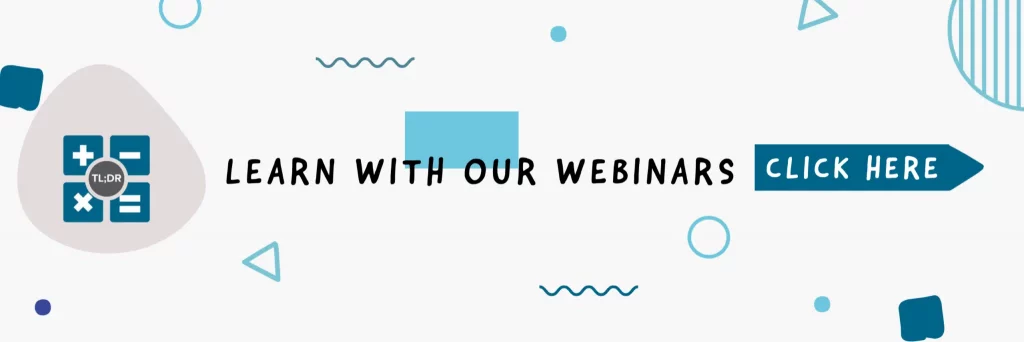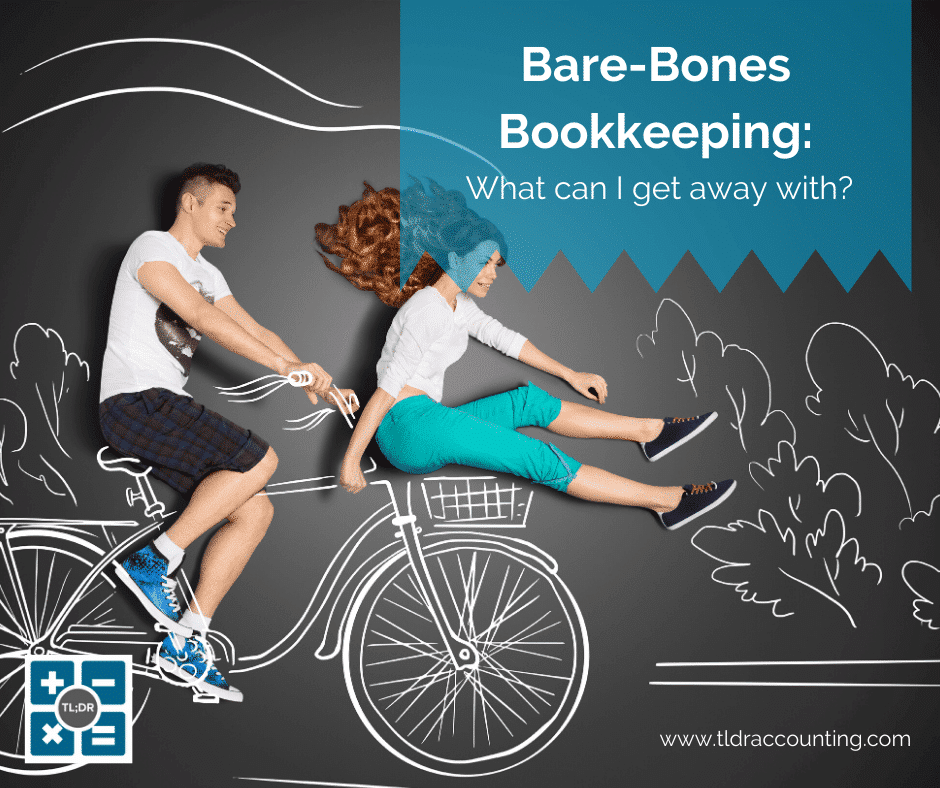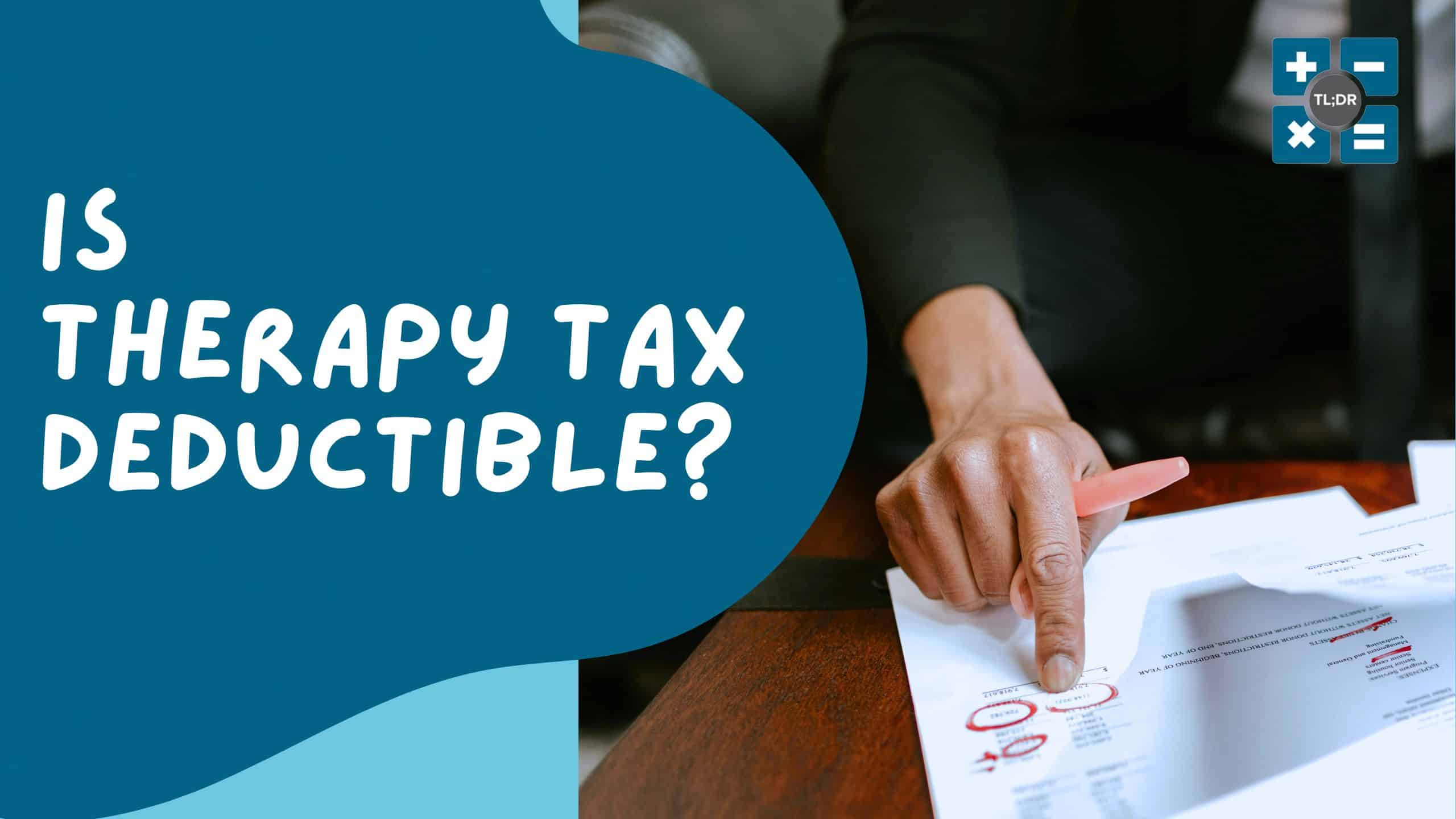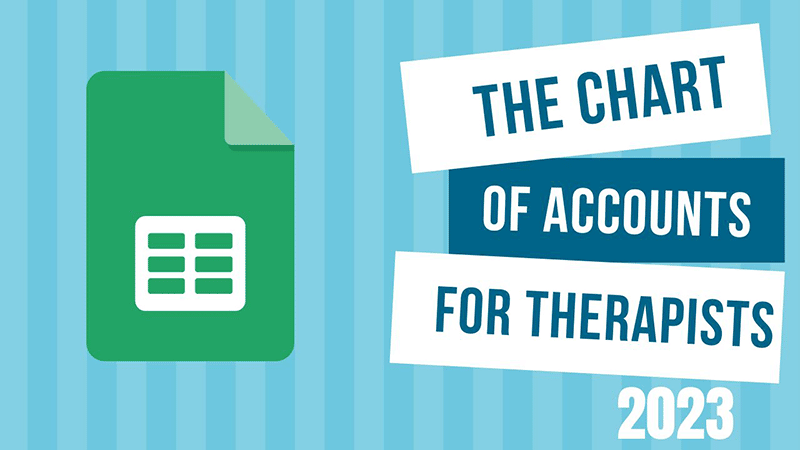“Do I have to?”
If you have a child at home, remember being a child yourself, or if you are a child right now, you’re probably familiar with these four words. (For any children reading this: congrats on developing an interest in bookkeeping at such a young age!)
Bookkeeping isn’t for everybody, which is why hiring a bookkeeper is such an important early step for many business owners. But if you aren’t ready to hire someone else to do your books, then somebody’s gotta do it (which probably means you!).
The purpose of this post isn’t to nag you about doing your books, but to tell you the bare minimum of what you absolutely have to do to keep yourself out of hot water later on.
What’s the Bare Minimum?
Before we get started, let us remind you that this is about cutting down to the essentials so that you can do them well. Not caring about bookkeeping isn’t an excuse to do it badly. Believe us when we say that you will only be hurting yourself.
We’re going to assume that you are a small business; if not, you should absolutely be doing more than the bare minimum.
Step One: Separate Your Business Stuff From Your Personal Stuff
You have a separate business bank account, right? Please tell me you do. If you don’t, please set one up. Not only is this essential for your own record-keeping, it’s an important step to convince other parties (namely, the government) to take your business seriously. In short, if the government doesn’t take your business seriously then being on the wrong end of a lawsuit can be far worse for you than it already is.
You don’t have to have a business savings account, but we highly recommend a business checking account, and a business credit card can come in handy. If you use your personal card for business expenses or vice versa (which we do not recommend), then at least keep track of its transactions. The former can lose you some tax benefits, and the latter can get you into hot water with the IRS because it can easily lead to accidental tax fraud. Plus if you are an LLC then you should have business accounts opened in the name and EIN of the LLC.
So if you have a drawer full of receipts, please start separating them out into business and personal expenses right now. The longer you wait, the harder it will be to remember what the receipts were for.
Step Two: Record Your Income and Expenses
For a simple business, there’s a good chance that you have very few categories of income and expenses. Our advice is to keep it that way. It’s likely just fine if you have only one income category if you’re a service organization. For expenses, you don’t need a separate account for postage, envelopes, printer paper, staplers, and highlighters. Put all of those expenses in the same account and call it “Office Expense.”
If you’re using QuickBooks, see how far you can get with just the default accounts; before creating any new accounts, take a hard look and ask yourself if it’s really necessary. Why make more work for yourself? All of the time you spend bookkeeping isn’t making any money for your business, so don’t make it more complicated than it needs to be.
If you’re not using QuickBooks, Google around for a bare-bones chart of accounts template in Excel format, making sure it has all the required tax categories (see below). Or you can ask us to recommend a chart of accounts for your business.
There are a few items that you do need to keep separate from your other expenses, and these items relate specifically to your taxes. Important examples are meals, penalties, and items that you capitalize instead of expensing (see further below). Notice I didn’t say entertainment, because entertainment expenses are no longer deductible.
Meal expenses need to be separate because, in most cases, you can only deduct 50% of their dollar value (there is a 100% deductible category that you can use in certain cases, also detailed in the Meals & Entertainment article).
“Items that you capitalize,” i.e. Assets, are by definition not going to be fully expensed in the same year (with some exceptions like the Section 179 deduction that we won’t get into here). We recommend that you never capitalize anything that costs less than $500, because capitalizing something means you have to babysit it on your books for a looong time.
Step Three: Reconciling Your Bank Account(s)
We’ll lead in by saying that reconciling your account(s) isn’t strictly necessary. In the same light, it’s not strictly necessary to make sure you have your phone and wallet with you when you leave a restaurant. It’s just highly recommended.
Reconciling your bank account, conceptually, is simple. All you’re doing is making sure that all of the transactions that happened in your bank account are represented in your books, and also that your books don’t have any extraneous or duplicate transactions that shouldn’t be there.
Note: Reconciliations are not necessary for perfect bookkeepers who never make mistakes. Do you feel lucky?
If you don’t have QuickBooks Online or another bookkeeping software, all you need is a pen, a printout of your bank statement, and a printout of your bank transactions per your books. Check off each transaction, one by one, to make sure it appears in both the bank and your books. Keep in mind that transactions that occur near the end of the month, especially paper checks, might not clear the bank by the end of the month. These are called “checks outstanding,” and it’s good to keep track of these to make sure they eventually clear.
TL;DR: We get it: bookkeeping isn’t as thrilling for you as it is for us. Just be sure that you are accurately isolating your business activity from personal and recording it in the proper accounts, so that your tax returns are accurate. Don’t risk accidentally committing tax fraud! Reconciling your business bank account is highly recommended but not technically required.






